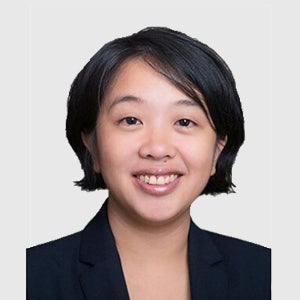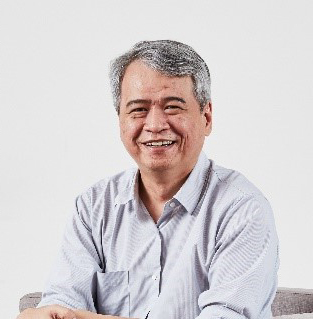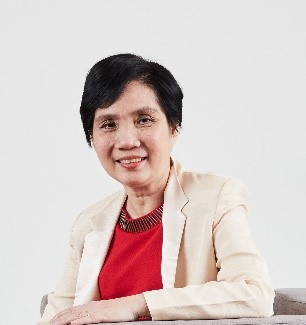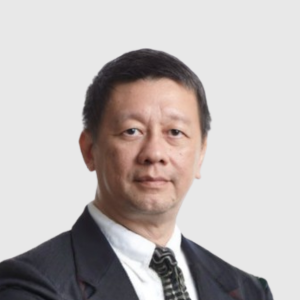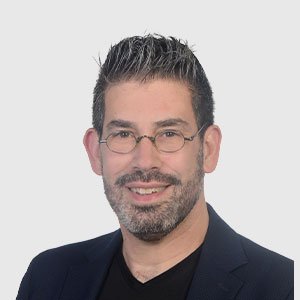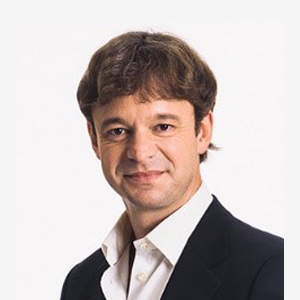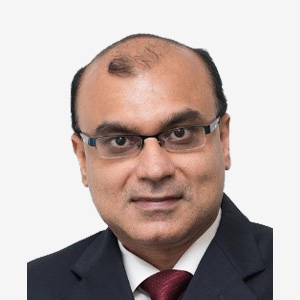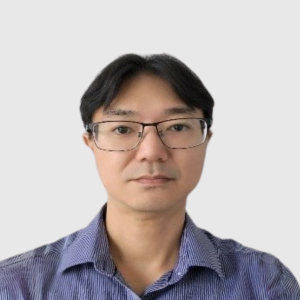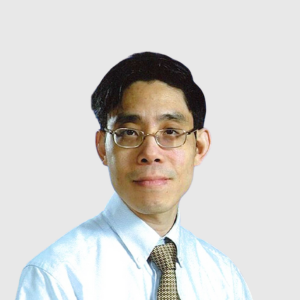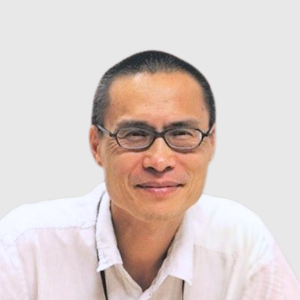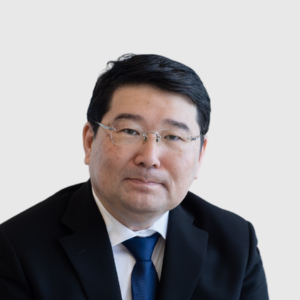Template for PhD Research Proposal
Download PQE Written Examination - PhD Research Proposal
The examination aims to:
- Allow the student to upgrade / confirm as a PhD candidate;
- Ensure the student has satisfactory research progress;
- Ensure the student’s research proposal is sufficient for a PhD;
- Ensure the student is competent at the PhD level.
Composition of Examination Panel
- The PhD Qualifying Examination will comprise of a written and an oral component. The written component will be marked by two invited examiners (of which one examiner can be from the Thesis Advisory Committee).
- Students will be allowed to proceed to the oral component after they have passed the written component of the PQE
- For the oral component, there will be at least three members; one member nominated by the NUS Medicine Graduate Programme Committee (GPC) and the two invited examiners.
- The Chairperson of the oral panel is empowered to make decisions on the outcome of the PQE in consultation with the other two members.
- Thesis Advisor(s) will be invited to sit in as observers. Thesis Advisor(s) are not allowed to speak on behalf of their student unless he/she is asked to do so by the PQE panel. The Thesis Advisor(s) are also not allowed to take part in the deliberations on the PQE outcome.
Requirements for students admitted prior to August 2020 intake
- Pass the 2 prescribed core courses (MDG5108 and MDG5771).
- Pass elective courses (worth 2 or 4 Units), totalling 8 Units with an average GPA of at least 3.5 (B) for all the courses.
- Pass and obtain a minimum grade C+ for Graduate English course(s), where applicable.
- Substantial published / publishable work done in a project that is highly creative/original, or involves innovative new technology.
- Complete the PhD Qualifying Examination within 24 months of their enrolment. Students should apply for PQE about 2-3 semesters after enrolment.
Requirements for students admitted with effect from August 2020 intake to January 2022 intake
- Pass the 2 prescribed core courses (MDG5108 and MDG5771).
- Pass elective courses (worth 2 or 4 Units), totalling 8 Units.
- Pass and obtain a minimum grade C+ for Graduate English course(s), where applicable.
- Substantial published / publishable work done in a project that is highly creative/original, or involves innovative new technology.
- Complete the PhD Qualifying Examination within 24 months of their enrolment. Students should apply for PQE about 2-3 semesters after enrolment.
Requirement for students admitted with effect from August 2022 intake to January 2024 intake
- (A) Pass MDG5108 + 12 Units worth of electives – total 16 Units, where applicable or
- (B) Pass MDG5108 + NG5001 + 8 Units worth of electives – total 16 Units, where applicable.
- Pass and obtain a minimum grade C+ for Graduate English course(s), where applicable.
- Substantial published / publishable work done in a project that is highly creative/original, or involves innovative new technology.
- Complete the PhD Qualifying Examination within 24 months of their enrolment. Students should apply for PQE about 2-3 semesters after enrolment.
Requirement for PhD students admitted with effect from August 2024 intake
- (A) Pass MDG5108 + NG5002 + 10 Units worth of electives – total 16 Units, where applicable or
- (B) Pass MDG5108 + NG5001 + NG5002 + 6 Units worth of electives – total 16 Units, where applicable.
- Pass and obtain a minimum grade C+ for Graduate English course(s), where applicable.
- Substantial published / publishable work done in a project that is highly creative/original, or involves innovative new technology.
- Complete the PhD Qualifying Examination within 24 months of their enrolment. Students should apply for PQE about 2-3 semesters after enrolment.
Requirement for MSc students who upgrade to PhD admitted with effect from August 2024 intake
- (A) Pass MDG5108 + 12 Units worth of electives – total 16 Units, where applicable or
- (B) Pass MDG5108 + NG5001 + 8 Units worth of electives – total 16 Units, where applicable.
- Pass and obtain a minimum grade C+ for Graduate English course(s), where applicable.
- MSc students who upgrade to PhD are to take NG5002 after passing PQE
- Substantial published / publishable work done in a project that is highly creative/original, or involves innovative new technology.
- Complete the PhD Qualifying Examination within 24 months of their enrolment. Students should apply for PQE about 2-3 semesters after enrolment.
Examination Format
Student needs to submit an application form to the Chairman of the SGPC together with:
- A written PhD Research Proposal for the written component using the prescribed template.
- Any publication(s) or manuscript(s) submitted, accepted or published.
The written Research Proposal will be forwarded to the two invited examiners for review. If the student passes the written examination, the oral examination will be scheduled. If the student is asked to revise, he/she will be given 1-2 months to revise the proposal for re-submission. The student will be allowed to revise the research proposal only once. If the student failed the written examination, he/she will be asked to downgrade to / remain in the MSc programme.
For the oral component, the student is required to give an open seminar. The oral panel will assess student’s presentation ability, understanding of the concepts and critical thinking. The student is also expected to answer questions raised by the audience. The duration of the oral presentation should not exceed 45 minutes. At the end of the open seminar, the panel will conduct a close-door examination. The student will be questioned on the work done as well as his/her future research plans. If the student is asked to re-take the oral examination, he/she will be given 1 month to do so. The student will be allowed to re-take the oral examination only once. If the student failed the oral examination, he/she will be asked to downgrade to/remain in the MSc programme.
A point-by-point rebuttal on the examiners’ comments on the written proposal should be submitted to the examination panel at least ONE week before the exam date.
Possible Outcomes
- Candidate who has fulfilled coursework requirements and with data published or publishable in a reputable journal will be allowed to upgrade to/confirm as a PhD candidate.
- Candidate who has fulfilled coursework requirements but whose preliminary data was deemed unsatisfactory after oral examination will be asked to exit with MSc.
- Candidate who has fulfilled coursework requirements but with no publishable data will not be called for oral examination and exit with MSc.
- Candidate who has not fulfilled coursework requirements and with no publishable data will not be allowed to upgrade to/confirm as a PhD candidate.



